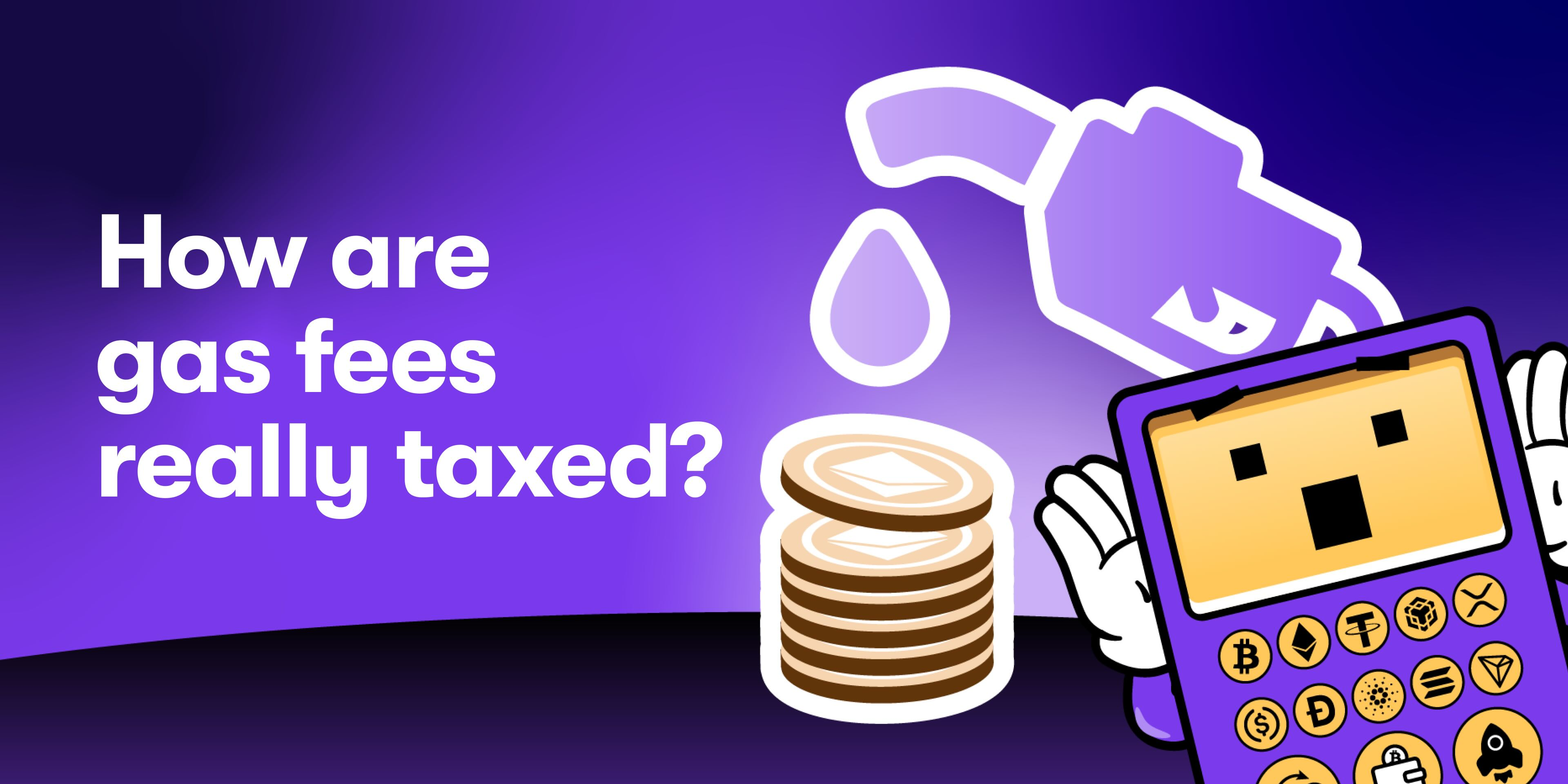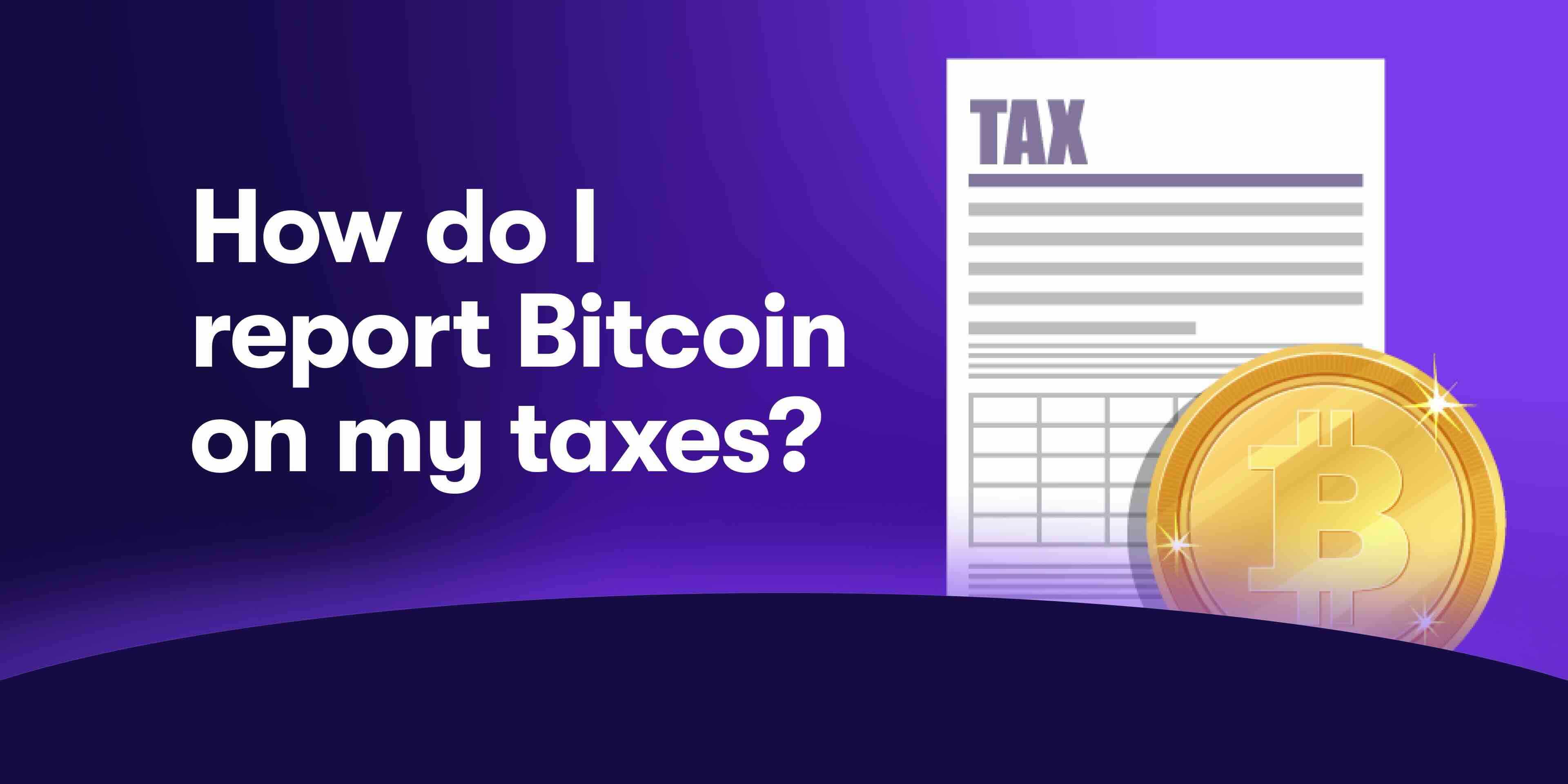In Belgium, if you own, buy, sell, trade or use cryptocurrency, you may be liable to pay taxes. The Belgian General Administration of Taxes has yet to develop comprehensive guidelines for the taxation of cryptocurrencies and related activities in Belgium. This guide will provide an overview of crypto taxes in Belgium using the information that is available.
What is Taxable and what is Not Taxable for Cryptocurrency in Belgium?
In Belgium, cryptocurrency gains and losses are generally considered to be taxable. Non-monetary gains or losses from cryptocurrency transactions, such as swapping one cryptocurrency for another, are also subject to taxation. Income from mining activities is considered business income and is, therefore, subject to taxation. Gains or losses from cryptocurrency donations and gifts are also taxable.
What are the different types of crypto-related taxation in Belgium?
In Belgium, capital gains tax is the main form of taxation for cryptocurrency. Capital gains tax is applied to any capital gains or profits made from the sale of cryptocurrency. This includes any gains or losses made from the disposal of cryptocurrency.
Capital gains tax is calculated by subtracting the cost of the cryptocurrency from the proceeds of the sale (minus any fees or commissions paid in connection with the sale). The resulting amount is subject to capital gains tax.
Cryptocurrency donations and gifts are also subject to taxation. Gifts of cryptocurrency are subject to gift tax. Gift tax is calculated by subtracting the cost of the gift from the market value of the gift at the time of the donation (minus any fees or commissions paid in connection with the donation).
What inventory methods are accepted in Belgium?
Belgium does not have any specific regulations regarding inventory methods for cryptocurrency taxes. Therefore, it is up to the taxpayer to determine which inventory method is best for their situation. It is highly recommended that you discuss your situation with a tax professional before choosing an inventory method. Some common inventory methods are covered below:
First In First Out
Date | Trade | Price | Balance | Cost Basis | Proceeds | Gain (Loss) |
1st Jan | Buy 1 BTC | 3,000 | 1 | 3,000 | - | - |
3rd Feb | Buy 1 BTC | 6,000 | 2 | 6,000 | - | - |
4th Jun | Buy 1 BTC | 2,000 | 3 | 2,000 | - | |
6th Aug | Sell 1 BTC | 4,500 | 2 | 3,000 | 4,500 | 1,500 |
In the above example the first purchase of BTC on the 1st Jan with a cost basis of $3,000, which is then sold on 6th August, leading to a gain of $1,500.
Last in First Out
Date | Trade | Price | Balance | Cost Basis | Proceeds | Gain (Loss) |
1st Jan | Buy 1 BTC | 3,000 | 1 | 3,000 | - | - |
3rd Feb | Buy 1 BTC | 6,000 | 2 | 6,000 | - | - |
4th Jun | Buy 1 BTC | 2,000 | 3 | 2,000 | - | |
6th Aug | Sell 1 BTC | 4,500 | 2 | 2,000 | 4,500 | 2,500 |
In the above example we sell our last purchase of BTC on the 4th Jun with a cost basis of $2,000, leading to a gain of $2,500.
Highest In First Out
Date | Trade | Price | Balance | Cost Basis | Proceeds | Gain (Loss) |
1st Jan | Buy 1 BTC | 3,000 | 1 | 3,000 | - | - |
3rd Feb | Buy 1 BTC | 6,000 | 2 | 6,000 | - | - |
4th Jun | Buy 1 BTC | 2,000 | 3 | 2,000 | - | |
6th Aug | Sell 1 BTC | 4,500 | 2 | 6,000 | 4,500 | (1,500) |
In the above example we sell our highest priced purchase of BTC on the 3rd Feb with a cost basis of $6,000, leading to a loss of $1,500.
Least Tax, First Out (LTFO)
Using the Least Tax First Out (LTFO) inventory method, when handling the disposal of an asset we match acquisitions of the asset prioritizing those which would lead to losses first, then gains. The exact categories are below:
Short-term losses
Long-term losses
Long-term gains
Short-term gains
Within these categories we will always prefer acquisitions with higher prices as they will lead to larger losses or smaller gains. This inventory method allows short term gains to mature into long term gains, which can be beneficial if your tax jurisdiction has a favourable tax rule for assets held for longer periods of time.
Date | Trade | Price | Balance | Cost Basis | Proceeds | Gain (Loss) |
1st Jan | Buy 1 BTC | 3,000 | 1 | 3,000 | - | - |
3rd Feb | Buy 1 BTC | 6,000 | 2 | 6,000 | - | - |
4th Jun | Buy 1 BTC | 2,000 | 3 | 2,000 | - | - |
6th Aug | Sell 1 BTC | 4,500 | 2 | 6,000 | 4,500 | (1,500) |
Simple Average Cost Basis (AVCO)
Date | Trade | Price | Balance | Cost Basis | Proceeds | Gain (Loss) |
1st Jan | Buy 1 BTC | 3,000 | 1 | 3,000 | - | - |
3rd Feb | Buy 1 BTC | 6,000 | 2 | 6,000 | - | - |
4th Jun | Buy 1 BTC | 2,000 | 3 | 2,000 | - | - |
6th Aug | Sell 1 BTC | 4,500 | 2 | 3,666.67 | 4,500 | 833.33 |
In the above example we sell a BTC that is assigned the average cost basis of the 3 previous buys. This is calculated by adding the cost basis of each BTC (12,000) and then dividing by the number of BTC held (11,000 ÷ 3) to give a cost basis of (3,666.67). When sold for 4,500, the gain on this BTC is 833.33.
What are the tax rates for cryptocurrency in Belgium?
In Belgium, capital gains are generally not taxable for individuals unless they are used for business purposes. However, there are exceptions for certain types of capital gains, including those obtained from speculative activities.
According to the Special Tax Inspectorate (STI), capital gains from speculative transactions involving crypto assets are subject to tax at a rate of 33%. In addition, residents of Belgium may also be subject to communal taxes, which range from 0% to 9% of the income tax due. If the gain arises from a non-speculative investment that is not considered a professional activity, it will not be subject to tax.
On the other hand, if the gain is derived from a crypto asset transaction that is considered professional income, it will be taxed at progressive rates ranging from 25% to 50%. If the gain is realized by a company that is normally subject to corporate income tax at a rate of 25%, the gains from crypto asset transactions will also be included in taxable profits, with losses being deductible.
In Belgium, there are two different tax rates for capital gains: one for gains regarded as professional income and another for gains regarded as speculative income.
Gains regarded as professional income: These gains are subject to the progressive tax scale, with the following rates:
€0 to €13,540 = 25%
€13,541 to €23,900 = 40%
€23,901 to €41,360 = 45%
Over €41,361 = 50%
Capital gains regarded as speculative income: These gains are subject to tax at a rate of 33% and must be disclosed on tax returns under "miscellaneous income." In addition, these gains are also subject to communal taxes, which range from 0% to 9% of the income tax due.
Taxable Scenario: Speculative Income from Ethereum Sale
Eth cost basis: €10,000
Eth sale: €50,000
The capital gains tax rate in Belgium is 33%.
Therefore, the amount of capital gains tax on a €50,000 Ethereum sale from a cost basis of €10,000 would be €11,700 (€50,000 - €10,000 = €40,000 x 33% = €11,700).
How Are Cryptocurrency Profits Reported in Belgium?
In Belgium, taxable cryptocurrency profits must be reported to the tax authorities. To do this, you must declare your profits on your annual tax return. You will need to provide information such as the date of purchase, date of sale, amount of proceeds, cost of cryptocurrency (minus any fees or commissions paid), and any other associated costs. Once these details are calculated, the net gain or loss can be reported on the tax return. Crypto tax software like Crypto Tax Calculator can make this record keeping and reporting as simple as possible.
How is Mining Cryptocurrency reported in Belgium?
If you are a Belgian tax resident and you engage in the activity of mining cryptocurrency, you may be wondering about the tax implications of this activity. Mining involves verifying transactions on the blockchain and being rewarded with cryptocurrency for doing so. The purchase of specialized hardware and its use in a mining pool is often necessary for mining, although it is possible to mine solo. There is debate about whether the cryptocurrency obtained through mining should be treated as self-produced assets or as payment for services rendered to the network. This distinction is important for tax and accounting purposes.
It is important to note that mining may not always result in the receipt of cryptocurrency, and when it does, the miner holds a claim on the cryptocurrency that is only realized when it is converted into a fiat currency or sold. The Belgian tax authorities have previously stated that cryptocurrencies are not legal tender and should be considered claims.
If the mining of cryptocurrency is considered to generate taxable income, it must be determined whether the activity is part of a business or represents the normal management of personal assets. In Belgium, gains realized by a private individual from the normal management of personal assets are not taxable. However, it can be difficult to determine what constitutes "normal" versus "speculative" (abnormal) management, and this has led to many disputes with the tax office.
If you are considered a professional trader/miner, you may have to declare mining profits under XVII, under the code 1600/2600. In addition, professional expenses can be claimed, under the code 1606/2606.
If a company subject to Belgian corporate tax engages in the mining of cryptocurrency, it will not trigger a taxable event. However, any capital gains realized from the sale or use of the cryptocurrency as a form of payment will be taxable.
How do you file your crypto taxes in Belgium?
There are two options for filing your tax return in Belgium: paper or online. If you received a paper tax form in the mail, you have until the end of June to return it. Alternatively, you can file your tax return online using tax-on-web, which is available from the beginning of May. To use tax-on-web, you will need either a Belgian electronic ID card or Itsme.
Filing your tax return online is generally easier and faster than using a paper form. The online tax form is pre-filled with information that the tax authorities already have on file, such as your personal data and income data provided by your employer. You will need to review the information, make any necessary corrections, and add any additional information, such as information on foreign bank accounts or insurance policies. You can also use a wizard to estimate the amount of tax you may owe or be eligible for a refund. In addition, you have an extra two weeks to file your return online, with the deadline for online filing being mid-July.
How can Crypto Tax Calculator help?
Manually maintaining records of all of the above doesn’t sound like much fun, does it? Spoiler: it’s not. That’s where we come in! Our crypto tax calculator software can help you aggregate your crypto transaction data to help calculate any gains, losses, income and/or expenses. As an added bonus, we’ve worked with tax professionals from Belgium to ensure our platform follows your region’s guidelines.
Once you’ve imported all your data to form a complete overview of your trading history, you’ll be prompted to reconcile any outstanding lines. After those are reconciled, you’ll have the option to download reports showing these values clearly. These reports and the information included will give you the amounts needed to complete your yearly tax return for the STI.
The information provided on this website is general in nature and is not tax, accounting or legal advice. It has been prepared without taking into account your objectives, financial situation or needs. Before acting on this information, you should consider the appropriateness of the information having regard to your own objectives, financial situation and needs and seek professional advice. Crypto Tax Calculator disclaims all and any guarantees, undertakings and warranties, expressed or implied, and is not liable for any loss or damage whatsoever (including human or computer error, negligent or otherwise, or incidental or Consequential Loss or damage) arising out of, or in connection with, any use or reliance on the information or advice in this website. The user must accept sole responsibility associated with the use of the material on this site, irrespective of the purpose for which such use or results are applied. The information in this website is no substitute for specialist advice.









































































































































































